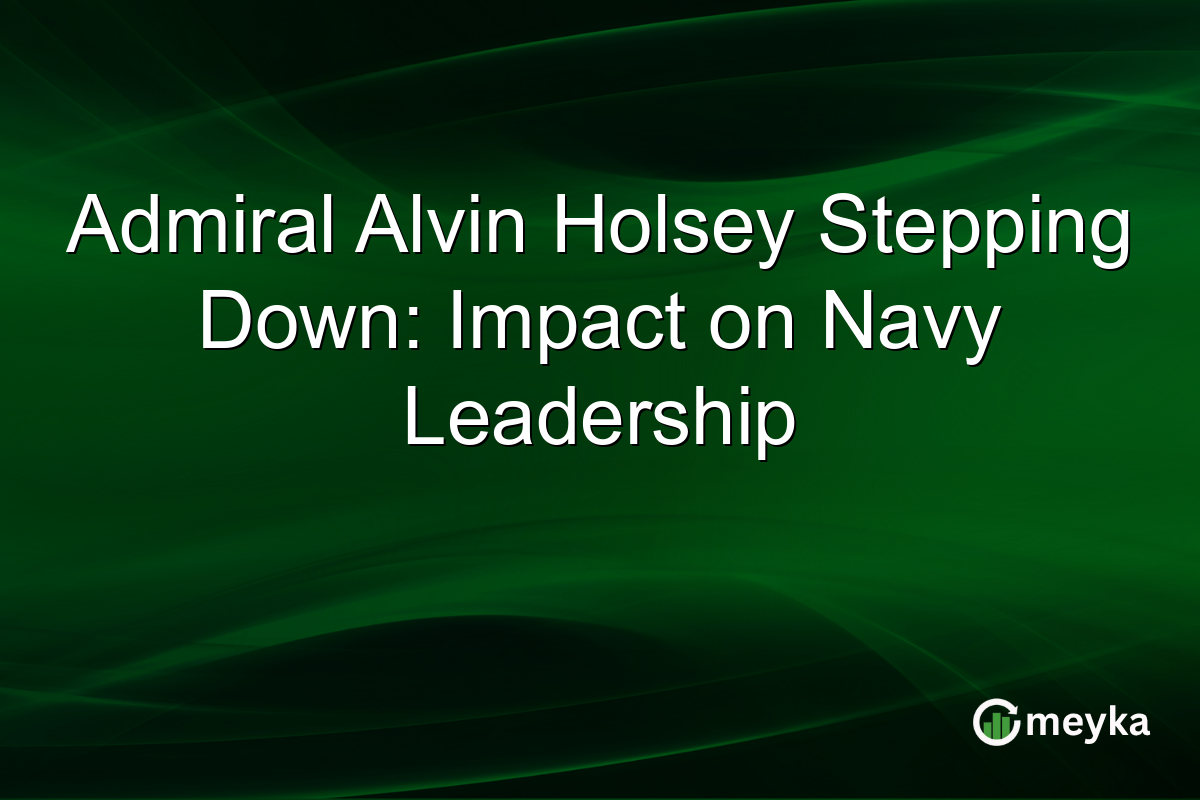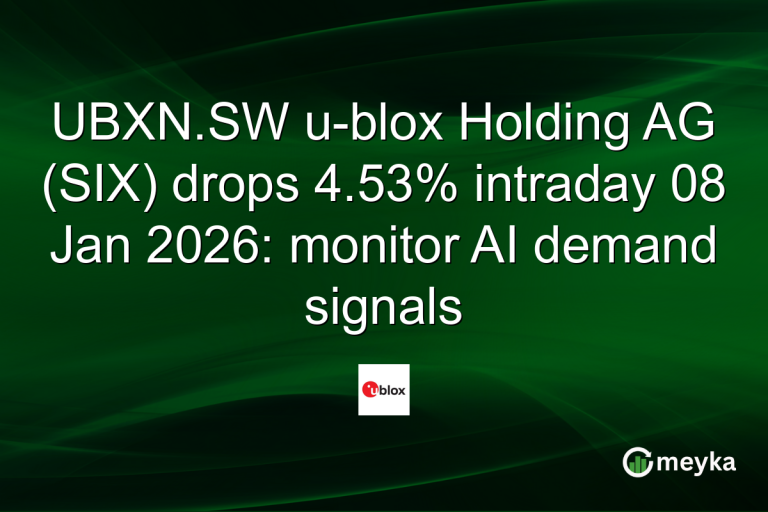Admiral Alvin Holsey Stepping Down: Impact on Navy Leadership
Admiral Alvin Holsey, a senior U.S. Navy leader, has unexpectedly resigned, sparking discussions about upcoming changes in Navy leadership. This move raises questions about the strategic direction of one of the most powerful naval forces during a time of increased global security challenges. With Admiral Holsey stepping down, attention turns to the implications for military structure and policy.
Reasons Behind the Resignation
Admiral Alvin Holsey’s decision to suddenly leave his position took many by surprise. The official statement cited personal reasons, yet the timing has led to speculation about deeper issues within the service. Analysts are weighing potential internal conflicts and how these might impact overall morale. As the Navy grapples with global security demands, leadership clarity becomes pivotal. Social media is buzzing with theories and concerns: More on CNBC.
Implications for Navy Leadership Change
The resignation invites scrutiny over Navy leadership change and its broader implications. Admiral Holsey’s exit opens a key vacancy at a time when efficient command is crucial. The Pentagon will likely look for a successor adept at navigating both diplomatic and military challenges. This leadership change might influence upcoming naval operations and strategic priorities. With evolving security threats, maintaining a seamless transition is essential to reassure allies and deter adversaries.
Wider Military Resignation Implications
Admiral Holsey’s departure might set a precedent for other potential resignations, reflecting broader challenges within the military structure. Recent trends suggest a cycle of leadership instability, further complicating military readiness and strategic continuity. This change could trigger a reassessment of current defense strategies. Experts urge the Pentagon to strengthen support systems to retain top leaders amidst growing global threats, ensuring comprehensive defense capabilities.
Looking to the Pentagon for Stability
The Pentagon’s response to this unexpected resignation will be closely watched. Ensuring stability through decisive leadership is paramount. Military analysts suggest increased transparency in the selection of Admiral Holsey’s successor to bolster trust within the ranks. Future decisions will need to address both immediate operational demands and long-term strategic objectives, a balancing act requiring adept diplomatic and military coordination.
Final Thoughts
Admiral Alvin Holsey’s stepping down leaves a significant void in the Navy’s command structure. The move not only prompts immediate adjustments in military leadership but also underscores the need for a stable and strategic approach in handling future challenges. As global security demands intensify, the Pentagon’s next steps will be critical in maintaining operational effectiveness and morale across the ranks.
FAQs
Admiral Holsey cited personal reasons for his resignation, but the move has stirred speculation about potential internal conflicts or strategic disagreements within the Navy.
His resignation opens a crucial leadership position during a pivotal time. The transition will influence the Navy’s strategic direction and operational readiness.
This resignation might indicate underlying leadership challenges, prompting a re-evaluation of military support systems and strategies to ensure stability and continuity.
Disclaimer:
This is for information only, not financial advice. Always do your research.






